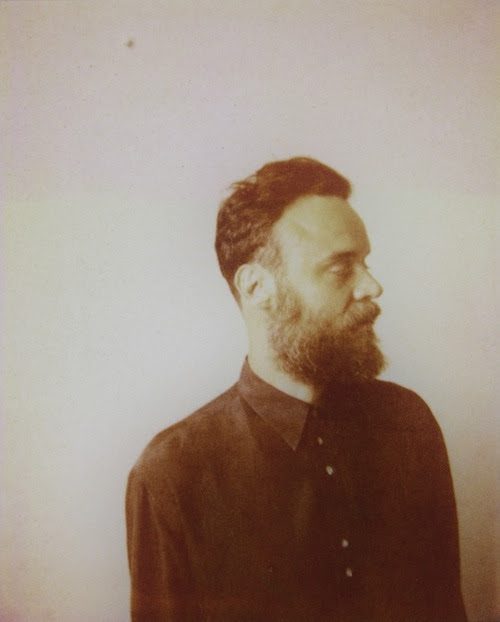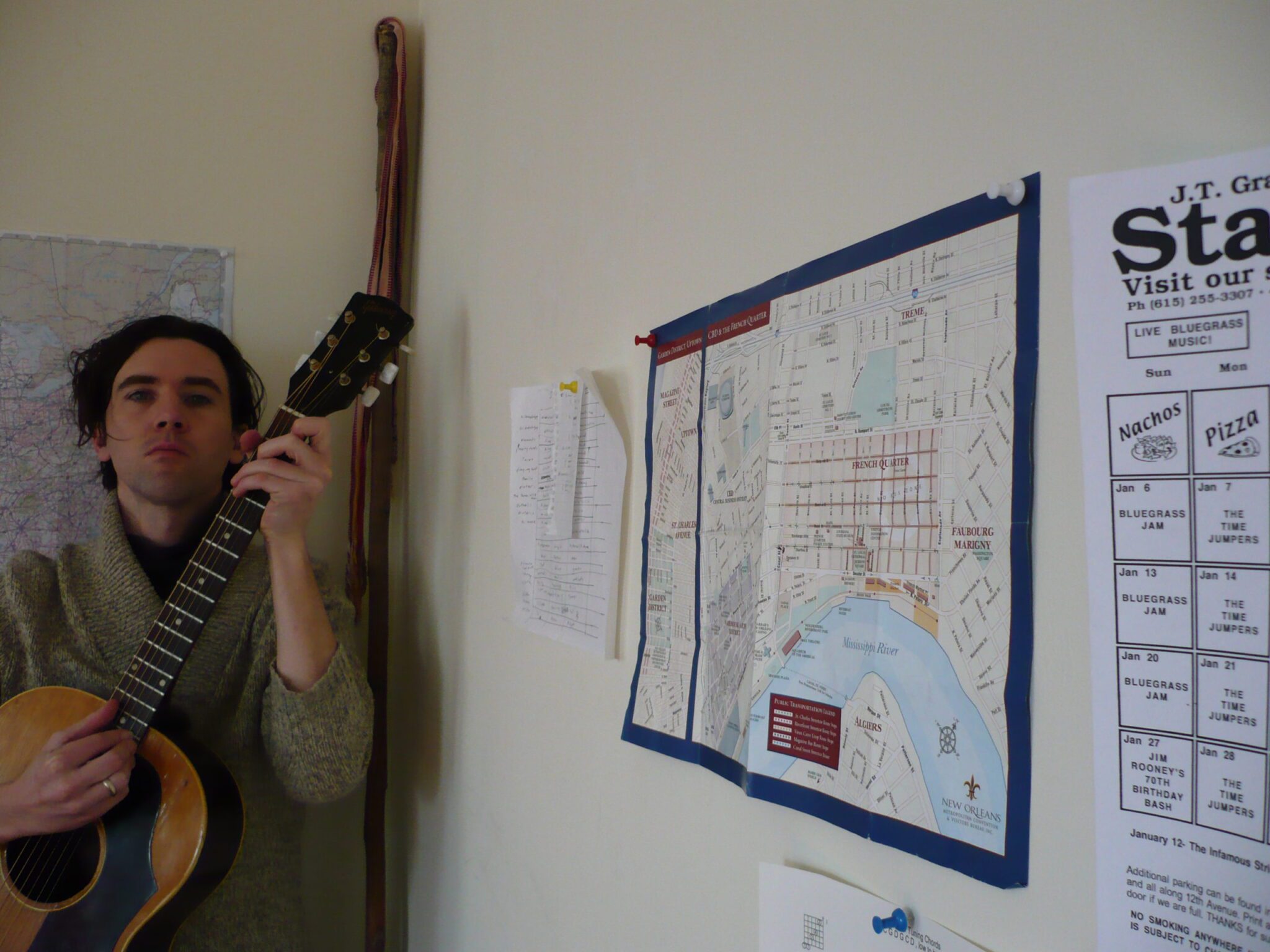Track Review: Rodrigo Amarante “Tardei”

Brazilian singer-songwriter Rodrigo Amarante is best known for his work with Little Joy, Los Hermanos and Orquestra Imperial, but it’s the very personal journey back to Rio that informs his first solo record, Cavalo. Out in May in the US via Easy Sound, Cavalo (that’s horse in Portuguese, but also Amarante’s conceptual alter-ego) was released in Brazil last year. In an artist statement, Amarante described the development of this album, written in many lands, as a strange and enlightening experience. “It was as a foreigner, separated from others and yet still somehow attached to the furniture I had left behind, bits of myself I hung up around me like dead mirrors I could no longer turn my face to, that came to focus the beauty of the empty room ahead, a hint,” he says. The first single, “Hourglass” provided a lively introduction, but Amarante slows things down quite a bit for his latest offering, “Tardei,” the final track on the record. Featuring the likes of Fabrizio Moretti, Kristen Wiig, Devendra Banhart, Adam Green, and Josiah Steinbrick as a backing choir, it’s a fitting and memorable swan song for the heady record.
While comedian Kristen Wiig’s appearance seems surprising, Moretti’s involvement as drummer in Little Joy makes a natural bedfellow for Amarante, though here Moretti lends only vocals. Devendra Banhart’s explorations of Latin flair within the New Weird America movement fall in line alongside Amarante’s style, and it’s likely that producer and multi-instrumentalist Josiah Steinbrick brought in Adam Green as he is a frequent collaborator of both Banhart and Green. On the surface, putting these voices together seems arbitrary, but they are all connected in some way – as musicians representing different genres, as non-musicians, as Latinos, as Americans, as friends. And they remain mostly anonymous, featured as a ghostly chorus rather than brought to the forefront.
That element of “Tardei” is a great example of the explorations that inform the album; the song is full of smokey darkness, though it remains fairly minimal. Cavalo hinges on looking at oneself from a distance, a kind of depersonalization that allowed Amarante to discover his own interiority. It thinks of the human body and mind as a space that can be explored. Amarante’s words make this concept vivid: “To give room to this double that appears as an echo, that shows itself with distance reflected, I opened up space as much as I knew how, subtracted all undue, threw adjectives away and using different languages I was forced to a new conciseness.” The echoic, almost lo-fi qualities to the track make it feel like an ephemeral artifact, hearkening to a frightening open sky in an unknown place, or the feeling of being lost in the wilderness of a strange city. Amarante sings with powerful enunciation – even as a non-Portuguese speaker, it is easy to understand which words have more power than others. There’s something incredibly visual about the background singing which strikes a chord between ominous and beckoning, traits brought out by Amarante’s stoic humming and simple strumming.
Give “Tardei” a listen with a window nearby, so as to let your thoughts drift with this enchanting melody. And don’t forget to check out the rest of Cavalo:





